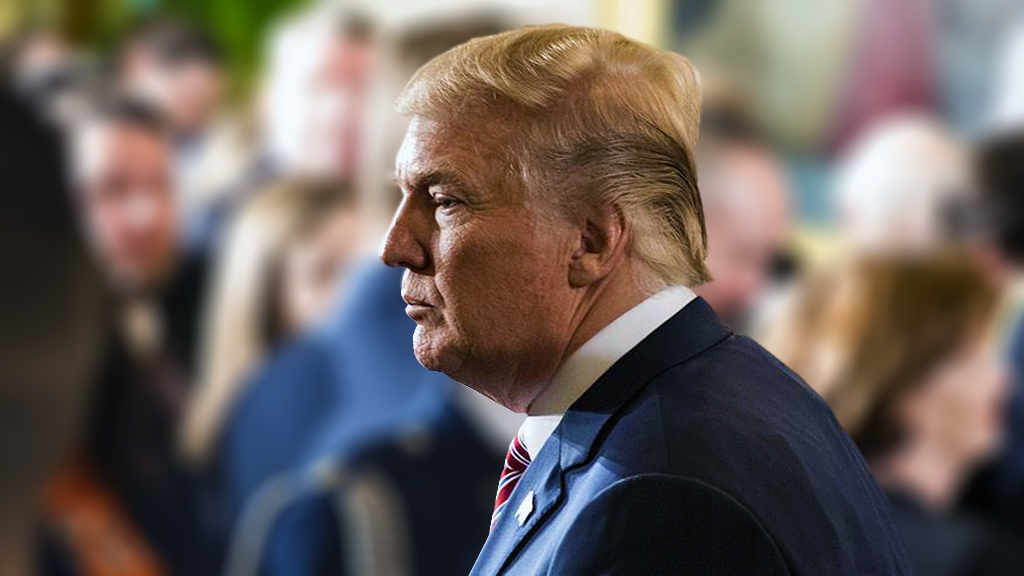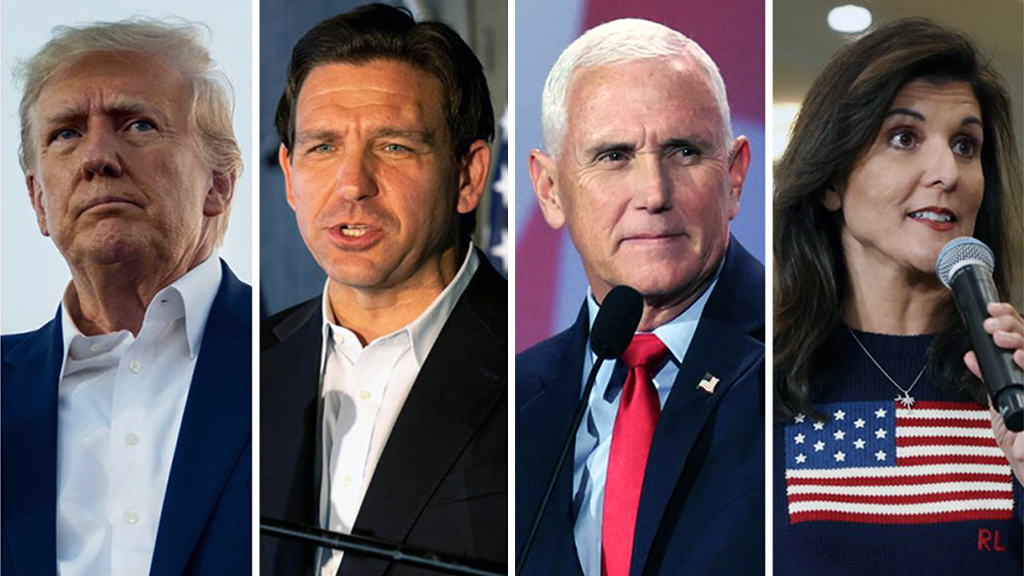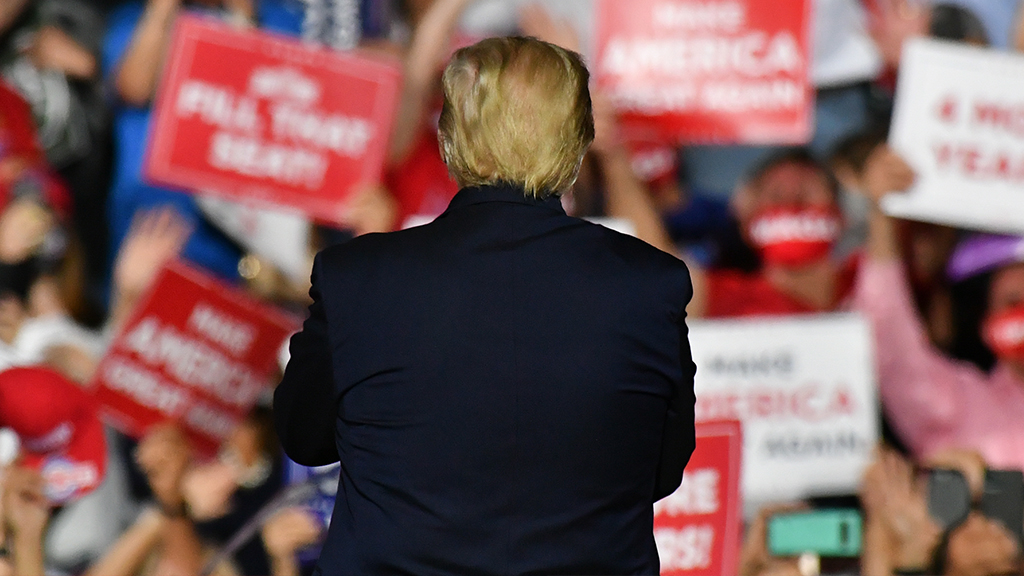
Trump indictment an 'uncharted territory' in American politics
The tradition of not filing lawsuits against former American Presidents, which was maintained until Trump, has now ended, opening the door for future Presidents.
Share
The federal lawsuit against former President Trump marks a significant turning point in American political history. The investigation into classified documents related to Trump resulted in him being the first president to face a federal criminal case based on the Espionage Act. The scandal unfolded when sensitive information was discovered in the 15 boxes of documents that Trump returned to the National Archives, but it grew larger as Trump refused to hand over all the documents. During the process, it was revealed that President Biden also failed to return some documents during his tenure as Vice President, but he promptly returned them. Vice President Pence willingly allowed his home to be searched, and only a few documents were found and returned. If Trump had immediately returned the classified documents, this case would likely not have been filed since neither Pence nor Biden faced any legal action.
The federal criminal case against former President Trump, carrying penalties of up to 20 years in prison, revolves around the illegal possession and active concealment of classified national security information from the federal government. The indictment accuses Trump of failing to return documents that are considered government property after his presidency ended and, furthermore, obstructing their return actively. The indictment details the efforts of the federal government to retrieve the documents stored at Trump's Mar-a-Lago residence in Florida, highlighting striking details of how Trump showed a classified "war attack plan," classified as "top secret," to unauthorized individuals. It is also noted that Trump displayed documents related to an ongoing military operation in another country to unauthorized individuals.
Previously filed lawsuits against Trump were limited to "document forgery" and "sexual harassment" charges, confined to the state of New York. However, the case of illegal possession of national security documents and their concealment from the federal government is a federal matter and will be heard in a federal court in Florida. The indictment includes 38 separate charges, including intentional possession of national defense information, conspiracy to obstruct justice, hiding documents from a federal investigation, and making false statements, each carrying maximum prison sentences ranging from 5 to 20 years. A judge appointed by Trump is expected to preside over this historic trial, but the details in the case file indicate that Trump's position is highly challenging.
The possibility of a former American President facing charges of violating the Espionage Act and being sentenced to prison could create a historic precedent. Trump, who is set to appear before a federal court in Florida on Tuesday, may benefit from a jury pool composed largely of Republicans, providing an advantage. However, the prosecution will strive to achieve the best possible balance in the jury selection process. One of the best-case scenarios for Trump during the trial, aside from acquittal, would be the case being dismissed due to "wrongful prosecution." Nonetheless, this trial, encompassing the most serious charges brought against Trump, is expected to span several months and has the potential to disrupt his presidential campaign.
Trump and his supporters have already indicated their intention to frame the prosecution as a witch hunt orchestrated by the Department of Justice. Republican candidates, with the exception of Chris Christie, are likely to comment on the political nature of the case. It would not be surprising to see figures like Christie, who is known for being a vocal critic within the party, utilizing this trial to their advantage, making it even more challenging for Trump to escape unscathed. It is expected that some extremist groups, prominently associated with the Capitol insurrection, will travel to Florida to stage demonstrations. However, these groups are more likely to harm Trump politically than contribute to his cause. Leveraging Trump's legal troubles against him within the party, especially given the influence and mobilization of the Trump base, will not be an easy task for other candidates. Nevertheless, securing the support of independent voters on the path to the presidency remains crucial, and it is evident that the lawsuits filed against Trump will have a negative impact on this demographic.
In American history, the closest a President came to a similar fate was Richard Nixon due to the Watergate scandal. Following Nixon's resignation, President Ford prevented any prosecution of the former President by issuing a comprehensive pardon covering all of Nixon's specific crimes. The tradition of not filing lawsuits against former American Presidents, which was maintained until Trump, has now ended, opening the door for future Presidents. This trial, seen by Trump's opponents as proof that no one is above the law, represents a significant turning point in American political history. As the presidential campaign process continues, the trial will also unfold, and the timing of the final verdict will undoubtedly be a topic of debate. It is highly likely that this trial, which is expected to deepen the polarization in American politics, will also deliver a blow to the culture of political compromise. While it remains a remote possibility, if Trump manages to turn all legal proceedings in his favor and successfully reclaims the presidency, then American politics will have ventured into what Americans commonly refer to as "uncharted territory."
[Yeni Şafak, June 14, 2023]
Tags »
Related Articles






